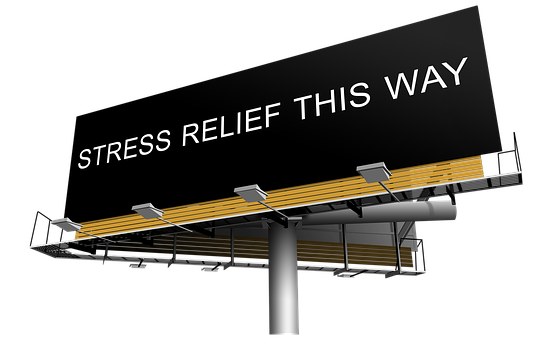
The daily grind of projects, deadlines and pressures at work can be stressful.
Work-related stress is a growing problem that affects the health and well-being of employees, and also the productivity of organisations. Work-related stress occurs where the various types and combinations of responsibilities and demands exceed a person’s level of control and ability to cope.
The stresses of a policeman or high school teacher working in a busy city are quite different than those experienced by their counterparts in rural towns. It’s important to keep this in mind when thinking about the stress of teachers, police personnel, physicians, and other occupations. Stress levels can vary widely even in identical situations for different reasons. It’s more about the person and their circumstances that influence how they react than the event or environment.
Stress is a highly personalized phenomenon and can vary widely even in identical situations for different reasons. What one person may perceive as stressful, however, another may view as challenging. Some individuals thrive in the time-urgent pressure cooker of life in the fast lane, having to perform several duties at the same time and a list of things to do that would overwhelm most of us. Those same people would be severely stressed by the repetition of assembly line work enjoyed by others who thrive in consistency. Whether a person experiences work-related stress depends on the job, the person’s psychological make-up, and other factors such as personal life and general health.
One survey showed that having to complete paperwork was more stressful for many police officers than the dangers associated with pursuing criminals. The severity of job stress depends on the magnitude of the demands that are being made and the individual’s sense of control or decision-making capacity he or she has in dealing with them. Scientific studies confirm that workers who feel they are subjected to high demands but have little control are at increased risk for cardiovascular disease.
What Causes Stress in the Workplace?
58% of Americans say work is a significant source of stress (APA, 2017). The main sources of work stress are:
Workload, 36%
People issues, 31%
Work-life balance, 20%
Job security, 8%
Other, 5%
Work-related stress can be caused by various events. For example, a person might feel under pressure if the demands of their job are greater than they can comfortably manage. Pressure to perform at optimum levels and to meet rising expectations, an ever-growing to-do list, and a lack of resources or self-confidence are some of the factors that can cause stress at work. This stress is made more challenging with added conflict with co-workers or bosses, constant change, threats to job security, and stress from personal relationships and home life.
What are the Signs of Work Stress?
Stress affects each person differently and can present physically, mentally and emotionally. Some symptoms of stress that can manifest on the job include poor work performance, absences, loss of focus, irritability, headaches, unhealthy eating and strained relationships with coworkers. Long-term stress can cause more serious conditions such as gastrointestinal upset, high blood pressure, muscle pain, weight gain, heart attack and stroke.
Relieving Work-Related Stress
The key is to be mindful of your thoughts and your body, recognize when stress is starting to become a challenge, and take action. Be sure to take your full scheduled breaks. Go outside for fresh air or take a walk. You can learn effective tools within the practice of hypnosis to “turn off” your racing thoughts.
Make use of wellness facilities and programs your employer might offer, like gyms and counseling services. Learn how to say no to projects that aren’t a priority, and try not to take work matters personally. Strive for a healthy lifestyle outside of work. Do your best to enjoy your time off. Visit your doctor for regular checkups, and when you feel stress is negatively affecting your work.
Oh, and use hypnosis! 15 minutes of hypnosis can feel as relaxing and refreshing as a 2 hour nap, and you can learn to put yourself into hypnosis at the drop of a finger!
How Can Employers Help?
Occupational stress costs U.S. employers an estimated $300 billion annually through absenteeism, illness, and productivity (APA, 2017). It benefits employers to prioritize the mental health of their employees.
Be aware of and sensitive to the needs of your staff, especially when something stressful may have occurred for your employees either in or outside of work. Create a safe environment for employees to be honest with you about their stress levels and admit when the workload is too demanding.
Give information to your staff about what your company offers to combat stress both directly and indirectly, like financial planning workshops, childcare services or incentives for wellness. Offer discounts for gym memberships, host workout challenges, healthy eating days or cooking demonstrations.
And Offer Hypnosis!
Group sessions, stress reduction workshops, and individual hypnosis programs are permanent solutions that allow your employees to motivate changes, have better options, build better strategies, and create new behaviors so automatic it’s as if that's just how it's always been.∎
Karen Gray is a Certified Hypnotist, a Registered Nurse, and the Director of Green Mountain Hypnosis. For more information on how you can use hypnosis to change your life, contact Karen at karengray@greenmountainhypnosis.com, or (802) 566-0464.